AI Revolution 2025 Will Transform Everyday Life with Smarter Machines
The Dawn of the AI Revolution: What to Expect by 2025
Every few years, technology reshapes the way we live, work, and interact. The AI Revolution that experts predict by 2025 promises to be one of the most transformative developments in human history. Smarter machines will no longer be confined to labs or high-tech industries; they will seamlessly integrate into everyday life, offering unprecedented convenience and efficiency. From intelligent personal assistants that anticipate our needs to autonomous vehicles that navigate complex city streets, the AI Revolution is poised to redefine daily routines and unlock new possibilities.
This transformation will be powered by advances in machine learning, natural language processing, and robotics, enabling AI systems to adapt, learn, and improve continuously. Understanding how these changes will manifest helps individuals and organizations prepare for a future intimately intertwined with intelligent technology.
How the AI Revolution Will Enhance Daily Living
Artificial intelligence is already part of our lives, but the AI Revolution will deepen its impact dramatically. Here’s a look at several areas where smarter machines will elevate everyday experiences.
Personalized Assistance Like Never Before
Today’s digital assistants help with basic tasks like setting reminders or sending messages. By 2025, AI-driven assistants will be highly personalized, context-aware, and proactive. They will:
– Analyze habits and preferences to offer tailored recommendations
– Manage complex schedules with adaptive planning
– Anticipate needs before users even request help, such as ordering groceries when supplies run low
– Facilitate seamless communication across multiple devices
These improvements will simplify decision-making and free up time for more meaningful activities.
Smarter Homes for Improved Comfort and Efficiency
The AI Revolution will turn homes into intelligent environments. AI-integrated smart home systems will go beyond simple automation to:
– Monitor energy consumption deeply, suggesting optimal usage patterns to reduce bills and carbon footprints
– Detect safety hazards instantly with real-time alerts for fire, gas leaks, or intruders
– Learn family routines to adjust lighting, temperature, and appliances for comfort automatically
– Enhance entertainment experiences by curating content based on moods and past preferences
This evolution will boost sustainability and ease in managing daily household tasks.
Revolutionizing Work and Productivity Through AI
The AI Revolution offers promising enhancements to how we work. Smarter machines will augment human capabilities and streamline workflows across industries.
Automation of Routine Tasks
Routine, repetitive jobs are especially suited for AI-driven automation. By 2025, AI will:
– Handle data entry, scheduling, and report generation with minimal human oversight
– Enable employees to focus on creative, strategic, or interpersonal tasks
– Increase accuracy by reducing manual errors in administrative work
This shift will make workplaces more productive and employee roles more engaging.
Enhanced Decision-Making with AI Analytics
Organizations will tap into the AI Revolution for advanced data analysis. AI systems will:
– Process enormous datasets swiftly to identify trends and opportunities
– Provide actionable insights through predictive analytics
– Facilitate real-time decision-making with autonomous monitoring
Companies adopting these capabilities will gain competitive advantages in fast-paced markets.
The AI Revolution Driving Smarter Transportation and Urban Living
Transportation and urban infrastructure are set for significant AI-driven changes, improving safety, convenience, and sustainability.
Self-Driving Vehicles and Smart Traffic Management
The promise of autonomous vehicles is central to the AI Revolution’s societal impact. By 2025, expect:
– Increased availability of self-driving cars and public transit options, reducing accidents caused by human error
– AI-powered traffic systems to optimize flow, cut congestion, and decrease emissions
– Integration with ride-sharing platforms for efficient, affordable commutes
This shift will transform how cities function and how people move within them.
Connected Cities with AI Integration
Smart cities powered by AI will improve quality of life by enhancing services such as:
– Waste management through sensor-based collection systems
– Energy grids that self-regulate supply and demand
– Public safety monitoring with AI-assisted surveillance and emergency response
Such systems will make urban living more responsive and sustainable.
Health and Wellbeing Transformed by the AI Revolution
Healthcare is one of the most promising fields for AI’s transformative potential, impacting diagnostics, treatment, and prevention.
Precision Medicine and Predictive Health Monitoring
By 2025, AI will enable:
– Highly personalized treatment plans based on genetics and lifestyle data
– Early disease detection through wearable sensors and AI algorithms analyzing health metrics
– Continuous health monitoring with alerts for potential issues before symptoms arise
These advances will help individuals live healthier lives and ease burdens on healthcare systems.
Virtual Health Assistants and Telemedicine
The rise of AI-powered virtual assistants will improve patient engagement by:
– Offering instant, accessible medical advice and symptom checks
– Streamlining appointment scheduling and medication management
– Enhancing telemedicine capabilities through better diagnosis support
Such technology will expand healthcare access and reduce costs.
Preparing for the AI Revolution: Challenges and Opportunities
While the AI Revolution offers vast benefits, it also poses challenges that require careful attention.
Addressing Ethical and Privacy Concerns
The integration of smarter machines raises important questions:
– How will data privacy be ensured when AI relies on vast personal information?
– What frameworks will govern AI decision-making to prevent biases and discrimination?
– How can transparency be maintained for AI-driven actions affecting individuals?
Developing ethical AI practices and regulations is crucial to building public trust and maximizing benefits.
Building Skills and Adaptability for an AI-Driven Future
The AI Revolution will reshape job markets. Preparing the workforce means:
– Emphasizing digital literacy and AI understanding in education
– Encouraging lifelong learning to adapt to evolving roles
– Supporting transitions with reskilling programs in both technical and human-centric skills
Proactive preparation will enable individuals and communities to thrive alongside smarter machines.
AI Revolution: Embracing a Smarter Tomorrow
The AI Revolution by 2025 is poised to transform nearly every aspect of daily life with smarter machines that enhance convenience, productivity, health, and sustainability. This wave of innovation will bring personalized assistance, intelligent environments, autonomous vehicles, and revolutionary healthcare solutions right into our homes and cities.
Success in this new era depends on embracing change thoughtfully—balancing rapid technological progress with ethical considerations and human-centered skills development. By preparing now, individuals and organizations can harness the AI Revolution to create a more efficient, connected, and empowered future.
To stay informed about how the AI Revolution will impact your life and work, and to explore practical ways to adapt, visit khmuhtadin.com for expert insights and personalized guidance. Take the first step toward embracing tomorrow’s smarter machines today.
For further reading on emerging AI trends, see the latest reports from [MIT Technology Review](https://www.technologyreview.com/).
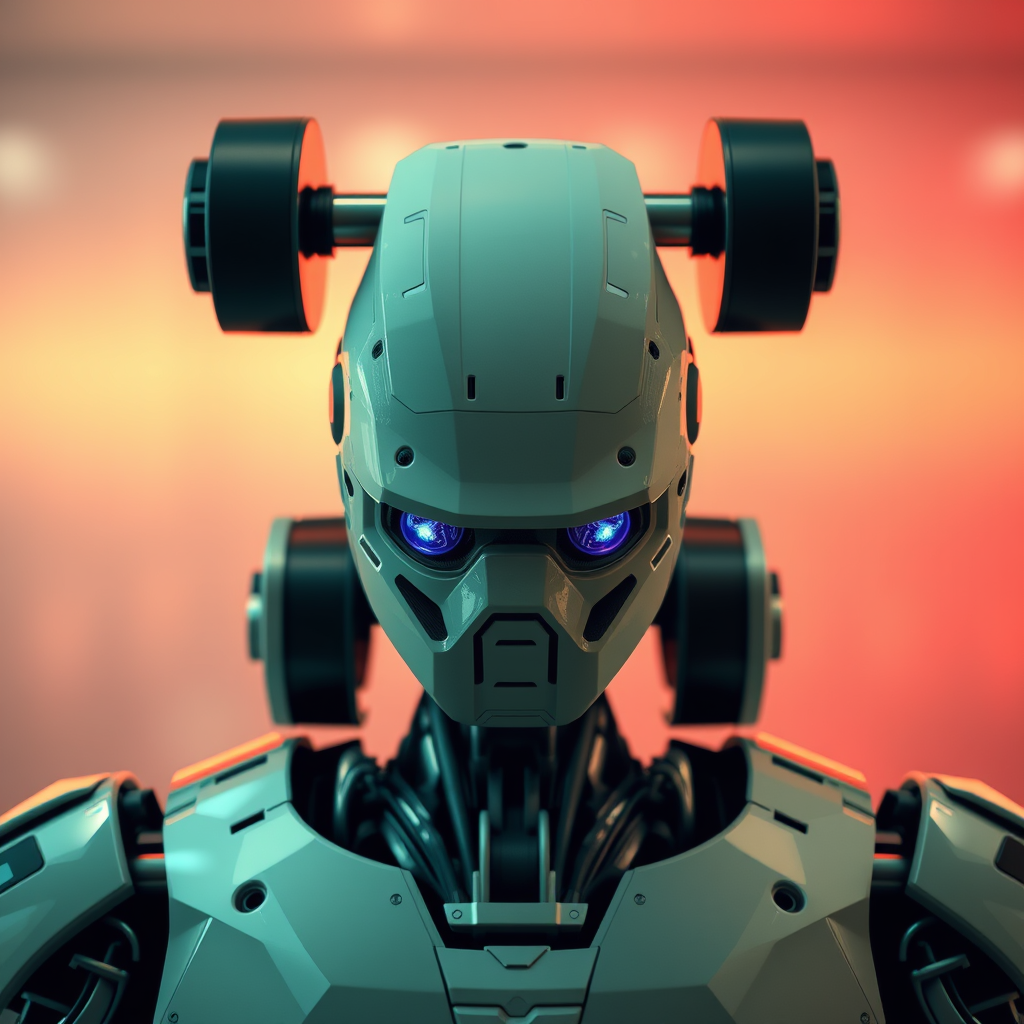


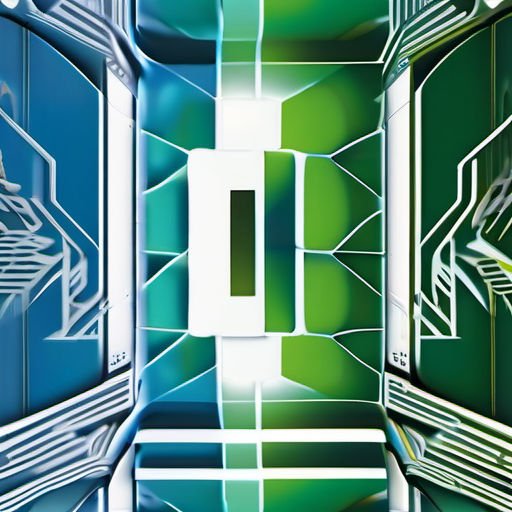
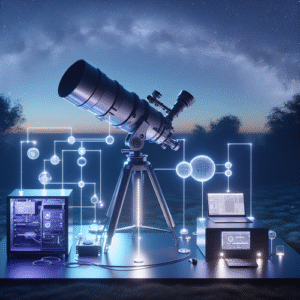

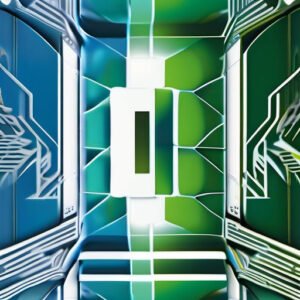



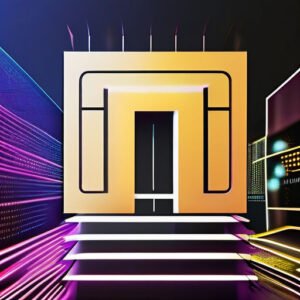


Post Comment